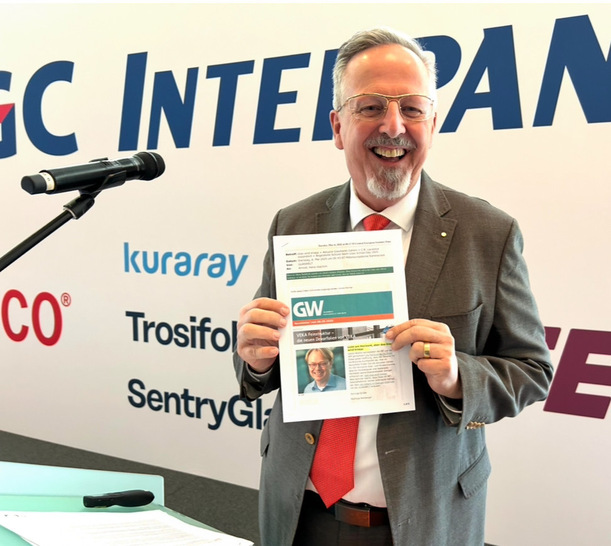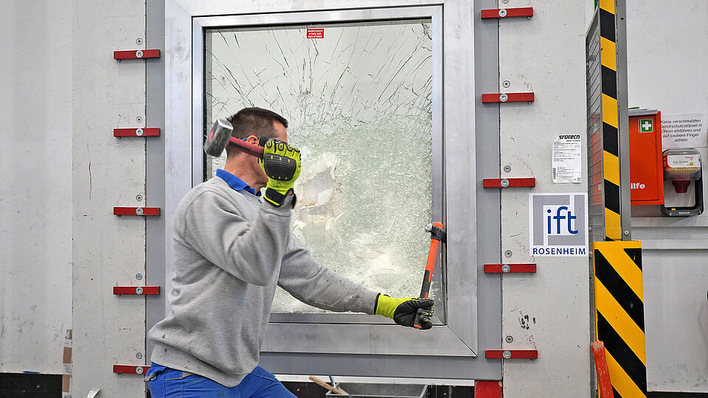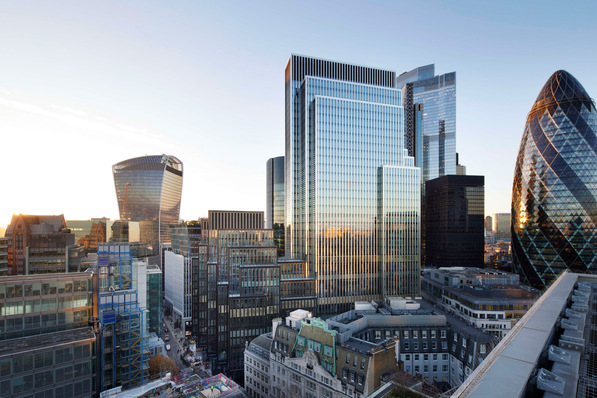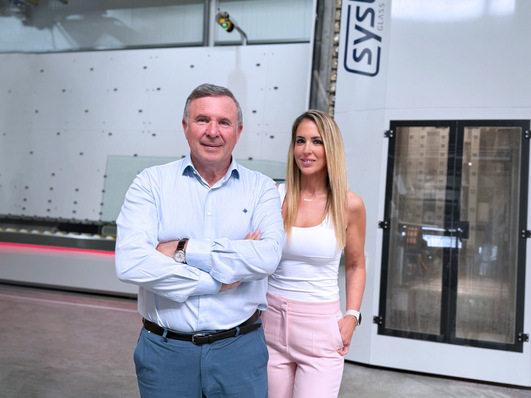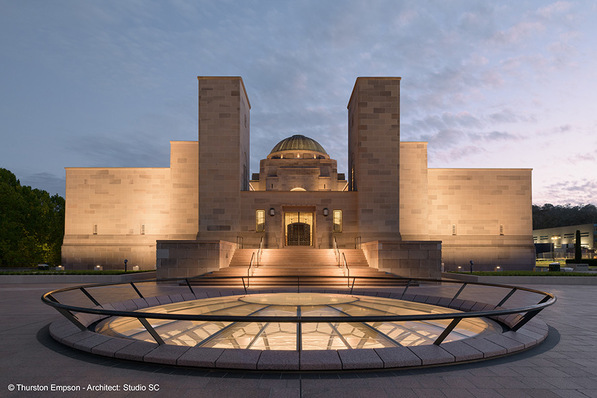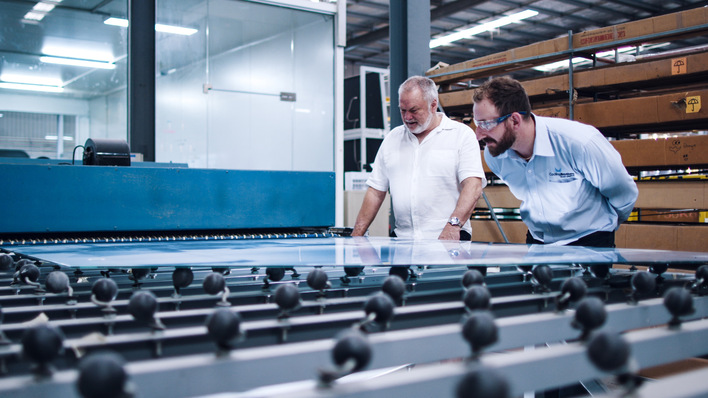With regard to the current market situation, BF CEO Hans-Joachim Arnold emphasized: “I think and hope that this event is important and relevant.” The last few years have been a “self-made crisis,” 2024 was marked by uncertainty – and now glass is actually becoming scarce. In the more economically stable years of 2023 and 2024, the industry achieved good turnover, but without large volumes, which is now having an impact on float glass manufacturers.
Despite the challenges, Arnold believes there is light at the end of the tunnel: “We lacked clear political goals – that now seems to be changing for the better.” The new federal government has included glass and the glass industry in its coalition agreement and various support programs, which he sees as a positive sign.
Arnold also noted that the association had to change: Consolidations and the merging of companies into larger groups left their mark.
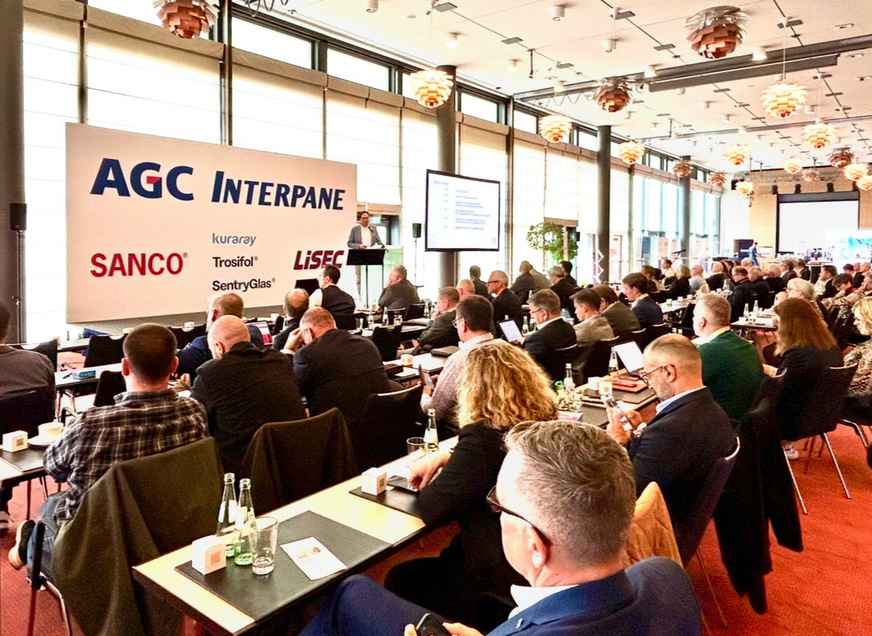
Matthias Rehbgerger / GW
This makes close cooperation with member companies all the more important. “I am delighted with the strong participation in the working groups – this is all voluntary and makes our association so valuable to its members.”
In addition, glass must be understood even more strongly in the future as a versatile building material that contributes significantly to the architectural quality, energy efficiency, and, above all, the sustainability of buildings.
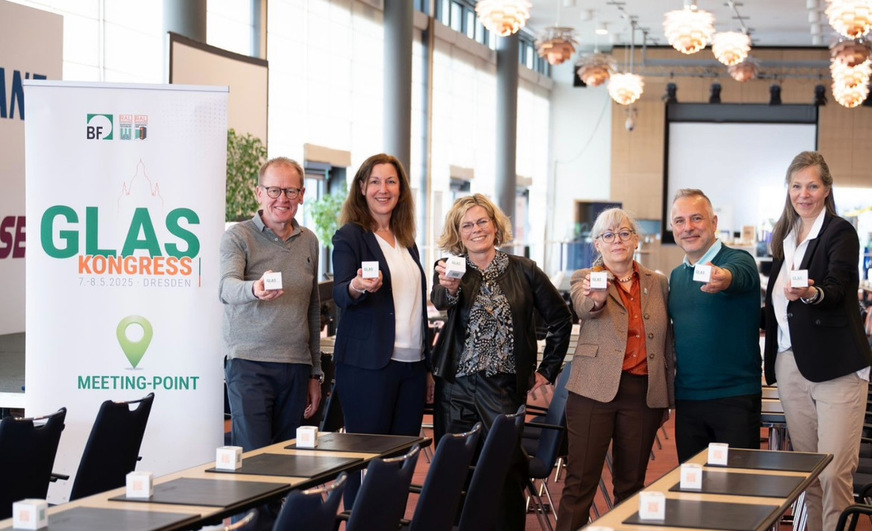
Matthias Rehbgerger / GW
In the association elections, Hans-Joachim Arnold was unanimously confirmed as BF's chairman of the board. Hannes Spiss was also confirmed for another term on the extended board.
High-caliber presentations and new ideas
The program focused on current challenges and opportunities for the industry, ranging from digitalization and sustainability to new products (bird protection glass) and manufacturing methods (thin triple-pane IGU).
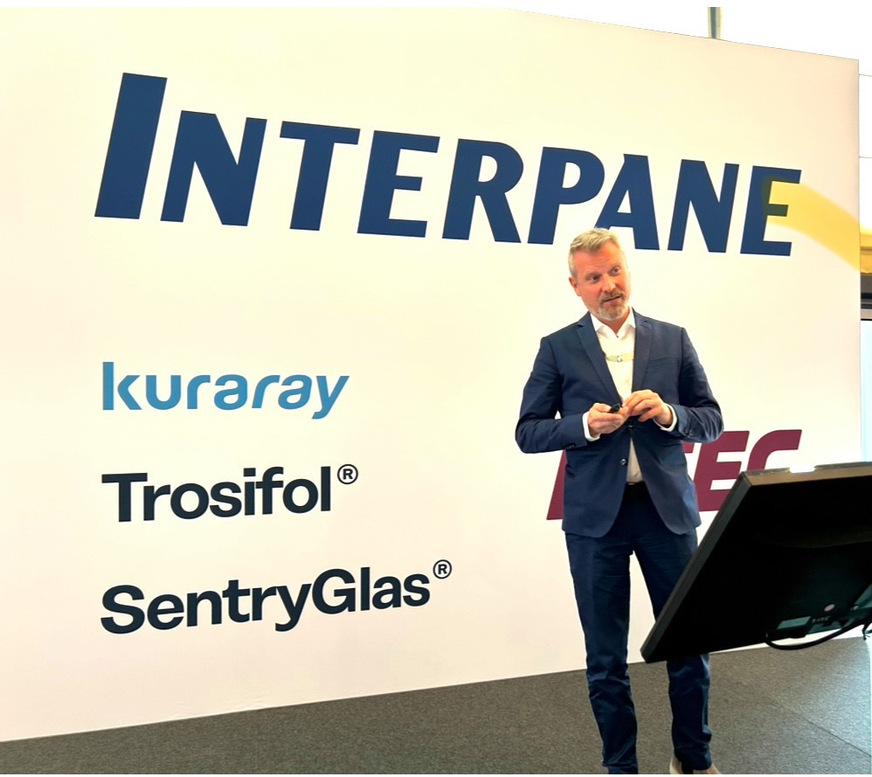
Matthias Rehbgerger / GW
Christian Stöcker, cognitive psychologist and expert in digital communication at HAW Hamburg, gave a thought-provoking presentation based on his book “Männer, die die Welt verbrennen” (Men Who Burn the World). The exciting presentation was an impressive appeal for responsibility in times of digital and ecological upheaval, and made it more than clear where the brakes on environmental protection and sustainability lie: with the corporations in the oil and gas industry. For decades, they have been actively spending vast sums of money and lobbying to slow down the energy transition. It was shocking to hear how much money is being spent worldwide to slow down progress. At the same time, it is precisely these industries that are heavily subsidized by governments, yet they spread the message that alternative energies receive too many subsidies.
Exciting new products presented
A technical highlight came from Uwe Riesle, Head of Product Management Insulating Glass at Glaston, who presented the new “Ultra TPS” manufacturing solution for triple TPS insulating glass with an ultra-thin center pane (0.5 mm). This innovative design makes the entire insulating glass unit significantly lighter and more compact.
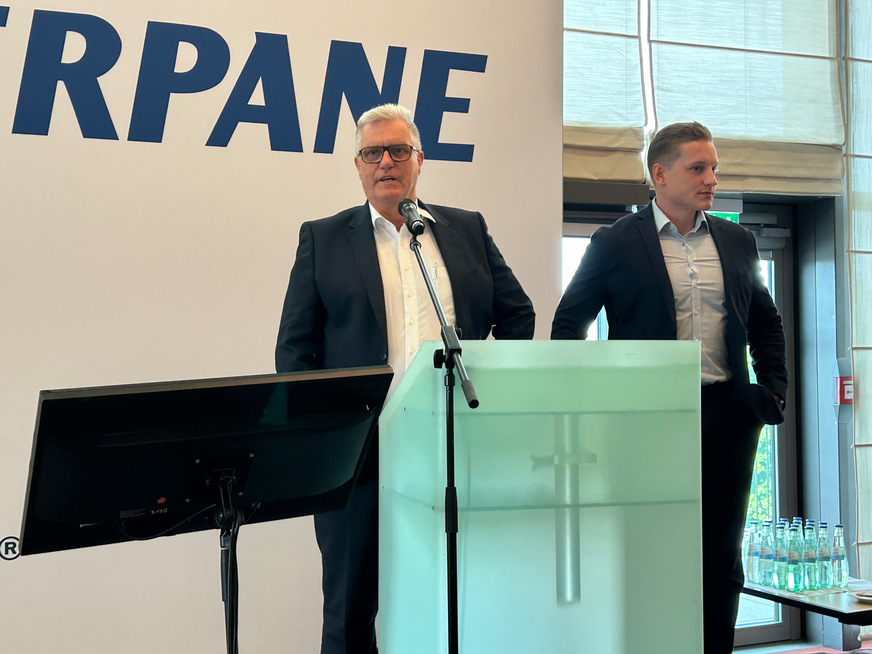
Matthias Rehbgerger / GW
Thanks to a special embedding process, the fully automated production line can also process sensitive thin glass safely and efficiently. In addition, the new system is flexible in use, allowing everything from classic triple-glazed units to quadruple-glazed units to be manufactured, which also enables material-saving, CO₂-optimized production. You can find all the details in the exclusive GW In in the upcoming June issue of GW.
Matthias Haller (Eastman) attracted attention with “NightBlind,” the world's first solution for bird protection glass that is effective both during the day and at night—another breakthrough in bird protection.
The BF Sustainability Award for the flat glass industry was also presented for the first time at the congress – for projects that contribute to CO₂ reduction, resource conservation, or climate neutrality. The award ceremony took place at the end of the first day of the congress.
These are the winners:
Glasvertrieb G&J GmbH – “Green change in industry”
ReViSalt GmbH – “Glass 2.0 – rapid chemical solidification”
Robert Bürkle GmbH – “Sustainable glass lamination”
AGC Glass Europe – “Low-Carbon Glass”
The award ceremony showed how sustainable approaches are increasingly becoming the focus of products and implementation.
Matthias Rehberger
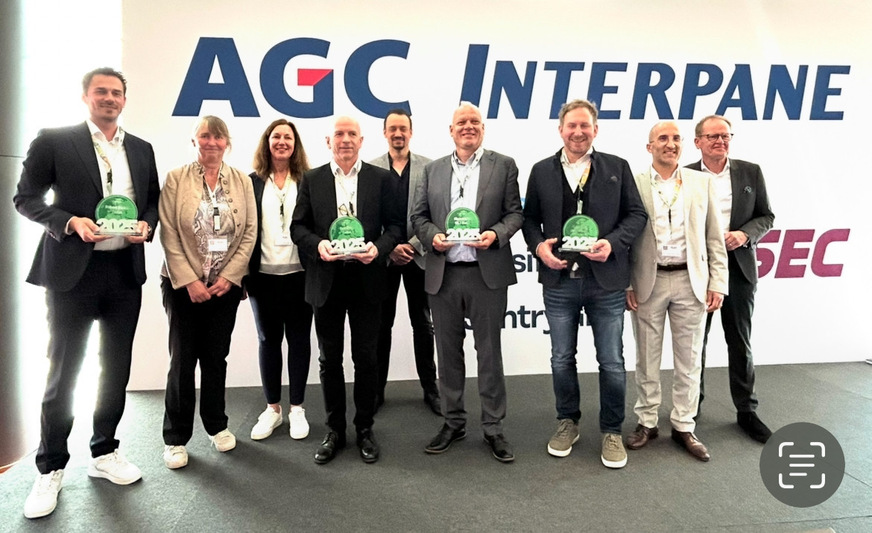
Matthias Rehbgerger / GW







